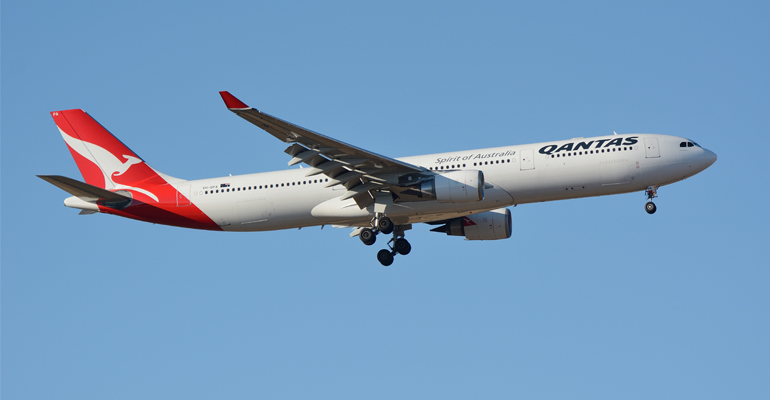
In a unanimous ruling issued on September 13, 2023, the High Court of Australia (High Court) has upheld two prior judgments by the Federal Court and Full Court of the Federal Court, which found that Qantas had taken unlawful adverse action against almost 2,000 former ground crew in breach of the Fair Work Act 2009 (Cth) (FW Act) after outsourcing their jobs during the COVID-19 pandemic.
The facts
In 2020, Qantas made the decision to outsource its ground handling operations. At the time, affected staff were precluded from taking protected industrial action. In addition, the decision coincided with the relevant Qantas enterprise agreements’ nominal expiry dates.
In response to the decision, the Transport Workers’ Union (TWU) commenced proceedings in the Federal Court alleging that Qantas made its decision (at least in part) because it knew that the relevant employees would soon become eligible to engage in enterprise bargaining and take protected industrial action. In short, the TWU argued that Qantas made the decision because it wanted to prevent the employees from exercising their future workplace rights.
Whilst the Federal Court accepted Qantas’ evidence that financial pressures (having regard to the COVID-19 pandemic) were a significant motivator in its decision, it also found that one of the substantial and operative reasons for the decision was in fact Qantas’ desire to prevent the employees from exercising their workplace rights.
Qantas appealed the decision of the Federal Court to the Full Court of the Federal Court, however, the Full Court upheld the initial decision.
The High Court decision
Qantas appealed the decision of the Full Court of the Federal Court arguing that the prohibition on taking adverse action relates only to workplace rights that are in existence at the time the adverse action is taken, not future or potential workplace rights.
Whilst the High Court acknowledged Qantas had "valid commercial justifications" for its outsourcing decision, it ultimately agreed with the Federal Court that Qantas had chosen to outsource its baggage handlers and cleaners as a means to avoid industrial action. The High Court noted that:
- if an employee is expressly prohibited from exercising a workplace right, it cannot follow that the workplace right exists. As such, because as at November 2020, the relevant employees were not lawfully able to exercise a workplace right to take protected industrial action, a breach of the adverse action provisions of the FW Act was not possible at that time;
- adverse action to prevent a person from exercising a workplace right is unlawful, and that protection also extends to a future workplace right (in this case, a future right to take protected industrial action);
- adverse action taken with the mere awareness of a future right is not unlawful, and therefore it will not always be the case that adverse action taken in relation to an employee who has a future workplace right will be unlawful; and
- there will be a contravention of the FW Act where there is evidence which demonstrates that the employer’s desire to prevent a person from exercising a workplace right was a substantial and operative reason for taking the adverse action.
The High Court also noted that if Qantas had proved that its reasons did not include the prohibited reason (namely, preventing the future exercise of a future or contingent workplace right to engage in enterprise bargaining and take protected industrial action), the Court may have come to a different conclusion.
The question then arises: what are the implications for businesses?
When an employer makes decisions that impact its workforce, it is imperative that those decisions are not motivated by improper intentions, such as targeting employees with workplace rights or attempting to obstruct the exercise of those rights.
Of course, employers are not precluded from making legitimate business decisions. In the case of Qantas, the airline was well within its legal rights to opt for outsourcing its ground handling staff. Qantas was fully entitled to base this decision on valid business considerations, which might include factors like cost-effectiveness, profitability, and operational efficiency. However, it failed to adduce convincing evidence that preventing the exercise of future workplace rights was not a substantial and operative reason for the decision.
The High Court decision should not be read as imposing a prohibition on businesses making important commercial decisions which may including outsourcing. However, the key lies in ensuring that business decisions are grounded in valid and lawful reasons, free from any unlawful intentions or attempts to infringe upon the rights of workers. Businesses must ensure that they retain evidence of the reasons for those commercial decisions.
If members have any questions regarding the matter, we invite you to connect with RCSA’s Workforce Info Line (WIL) on 1300 988 685.